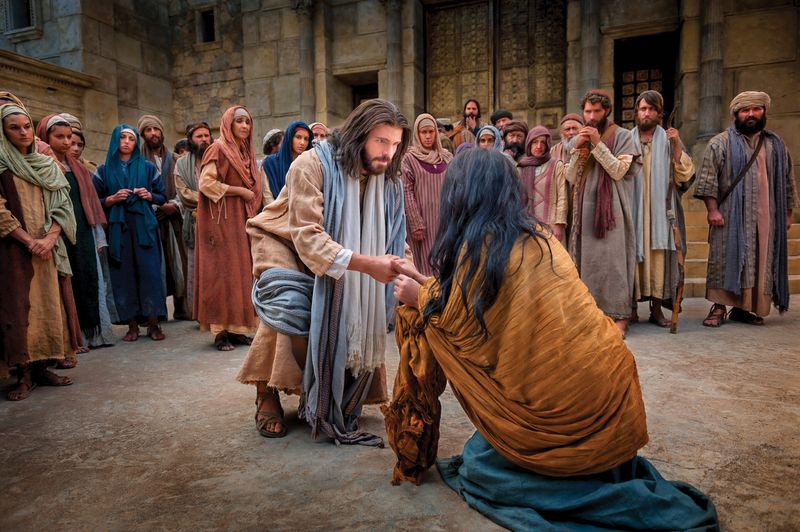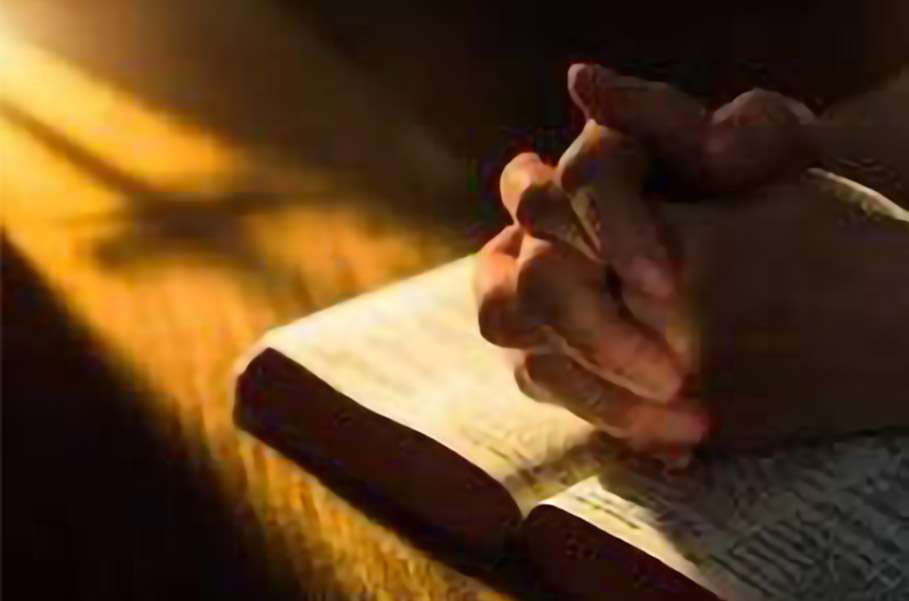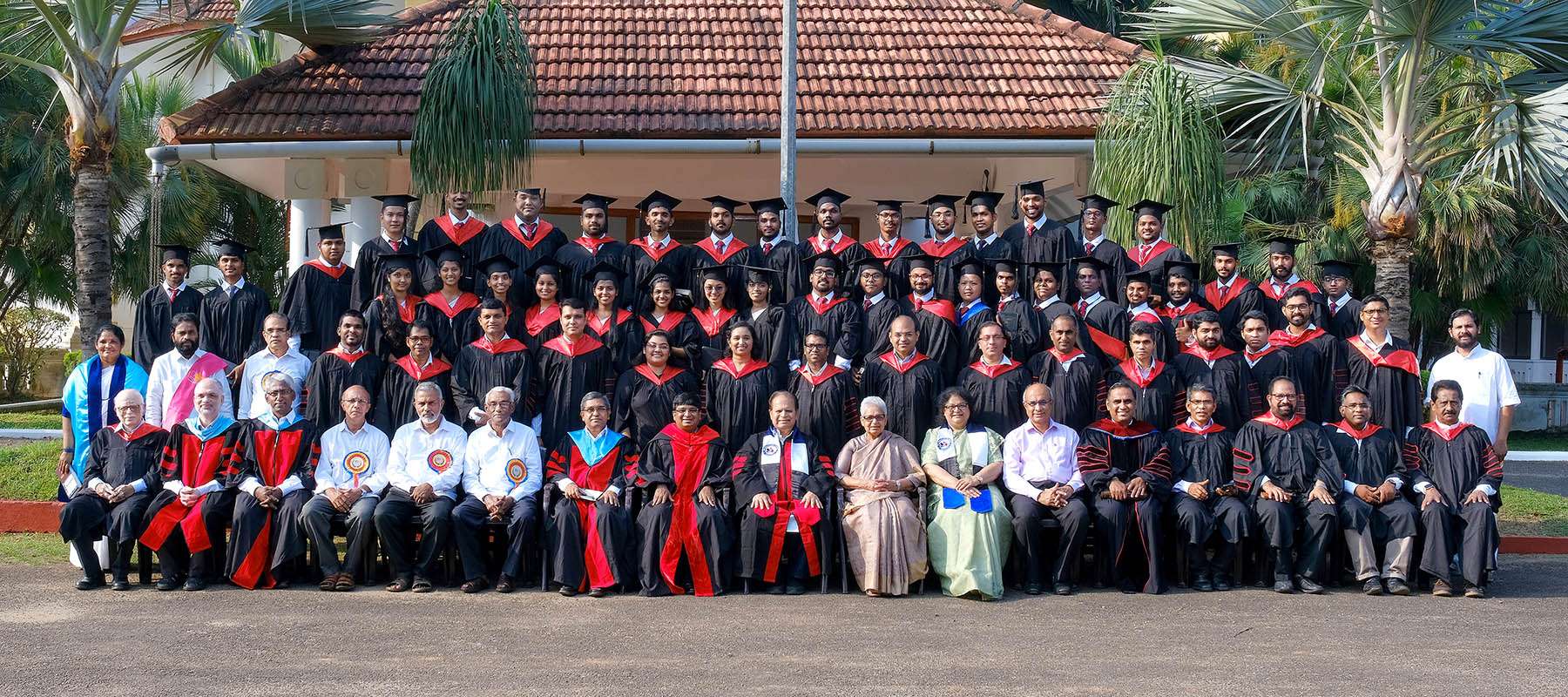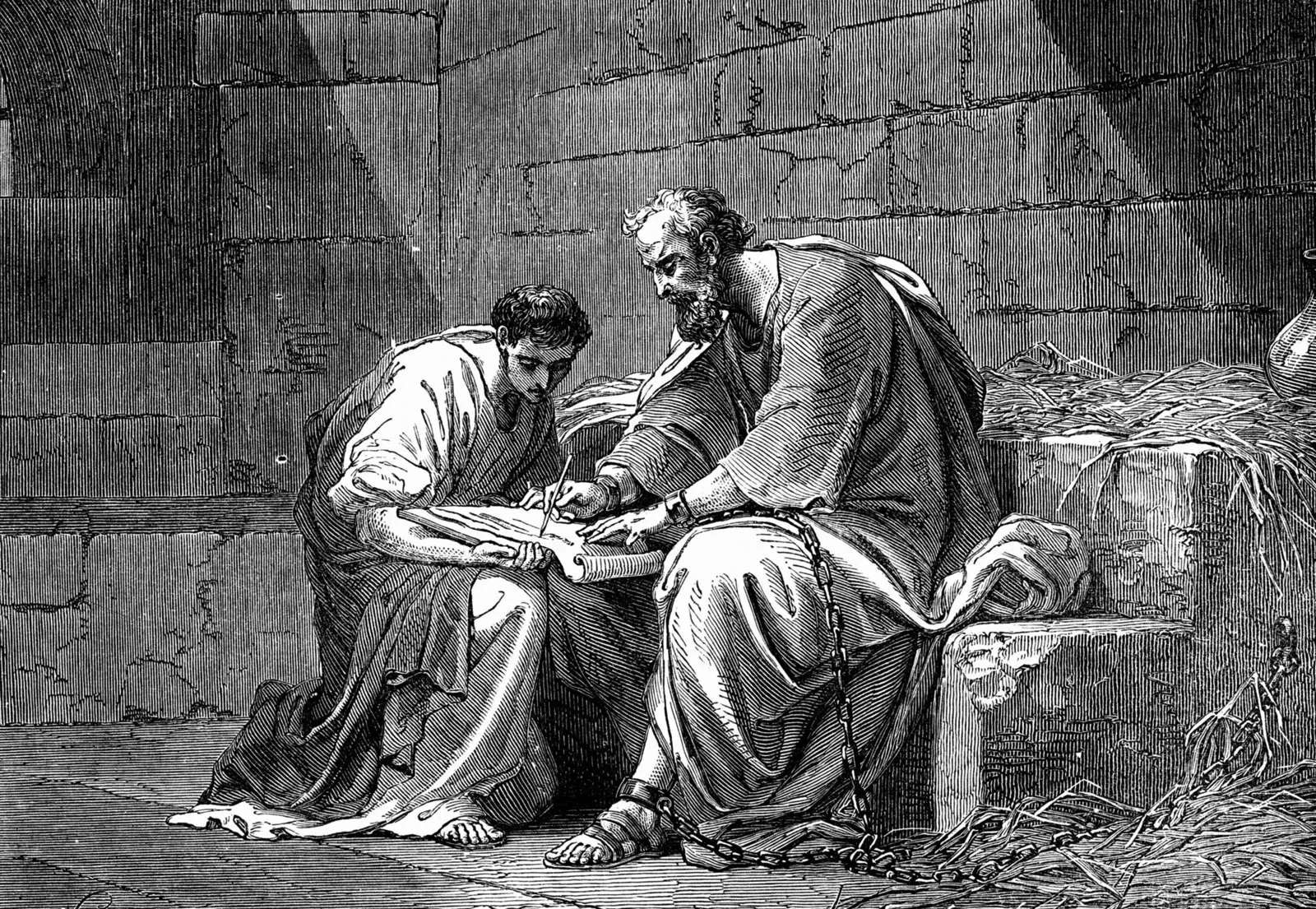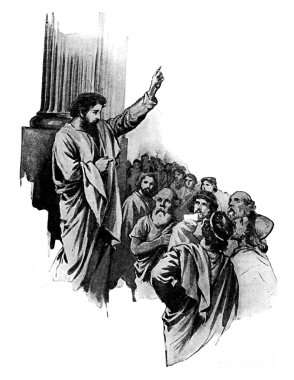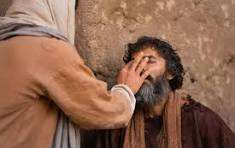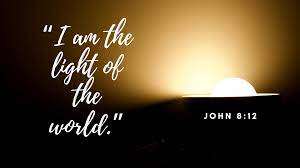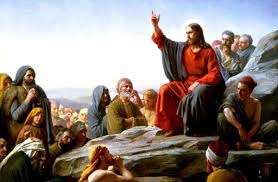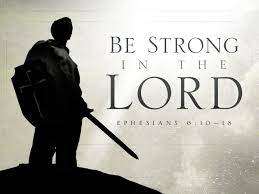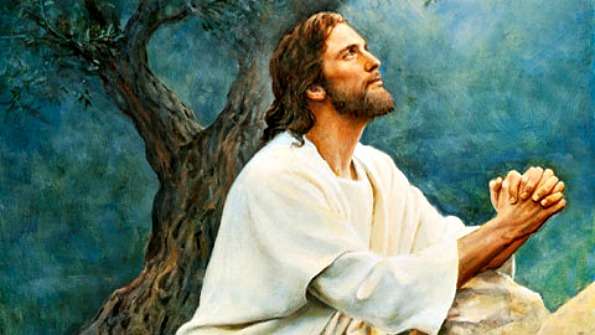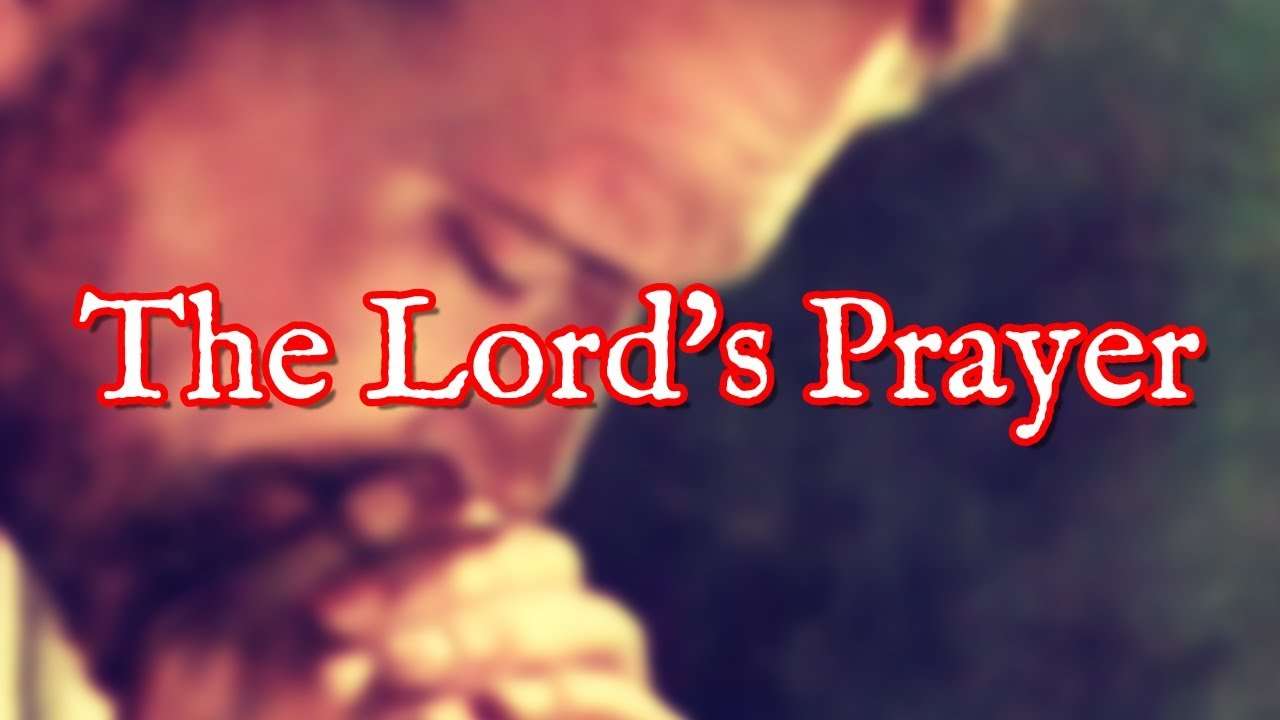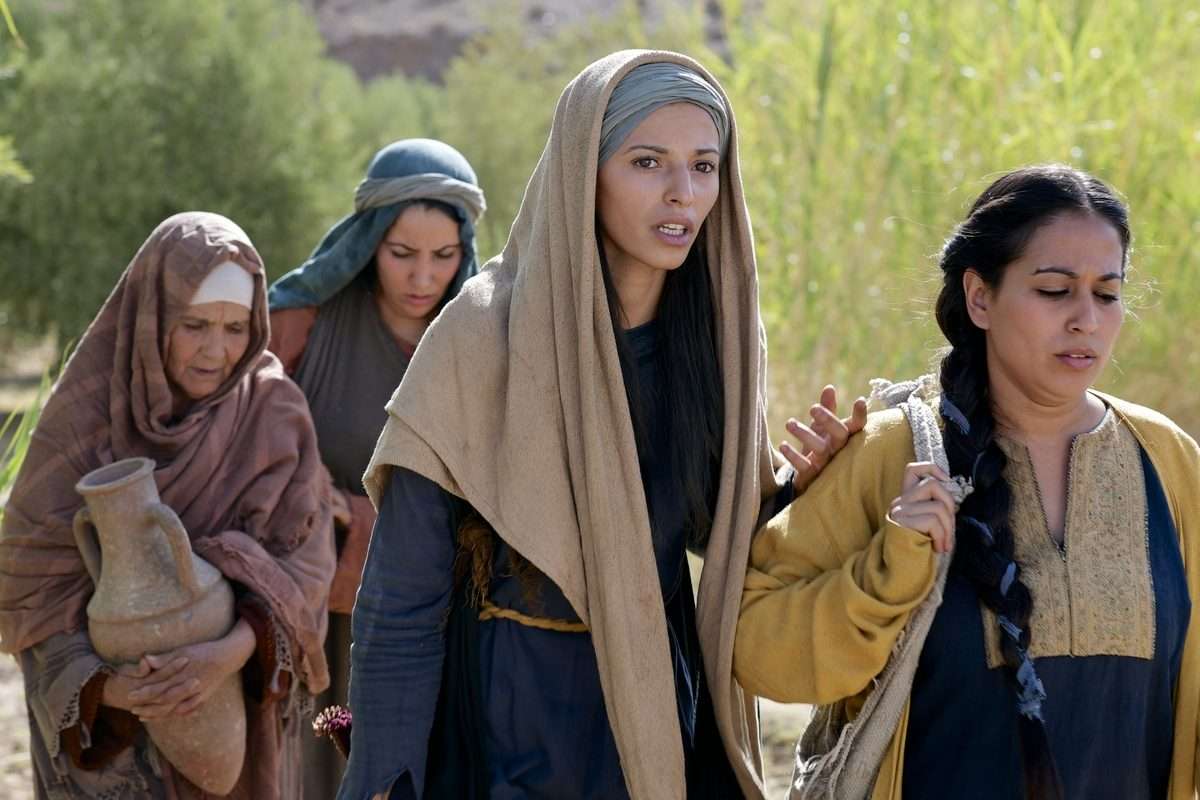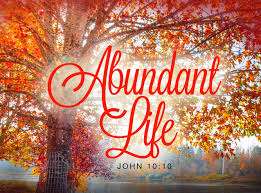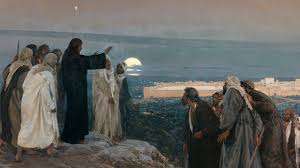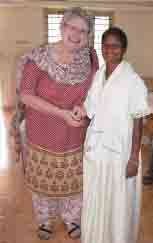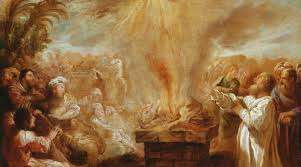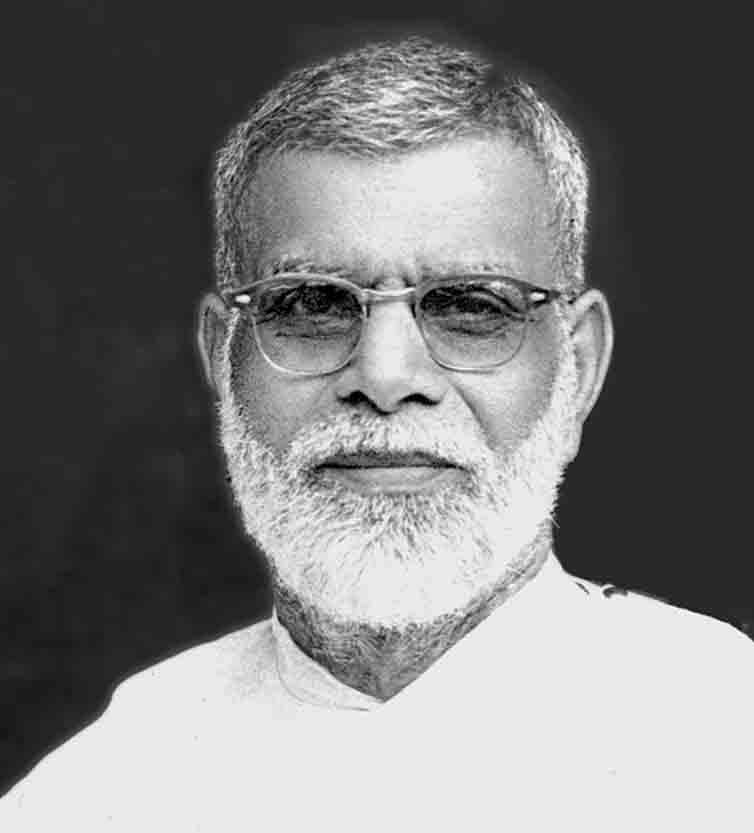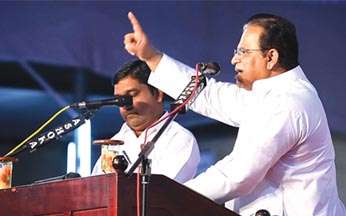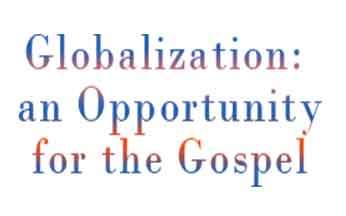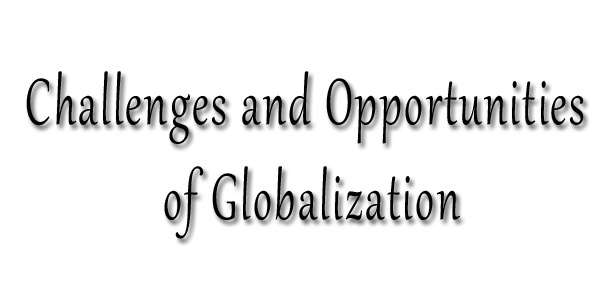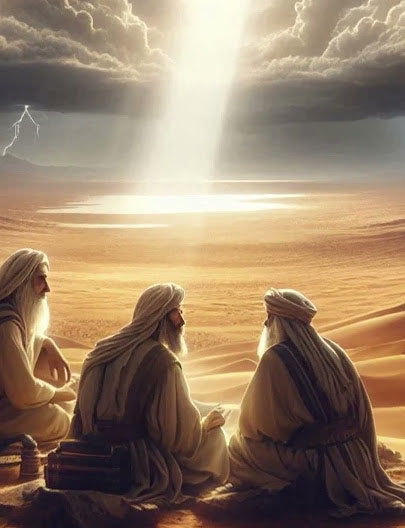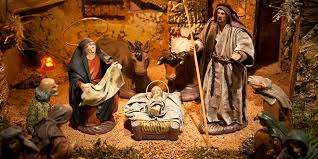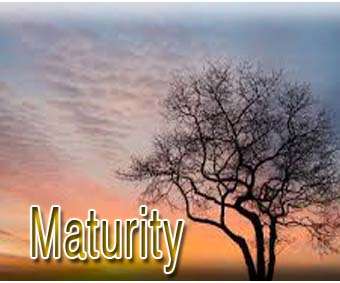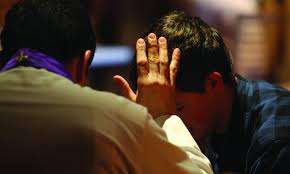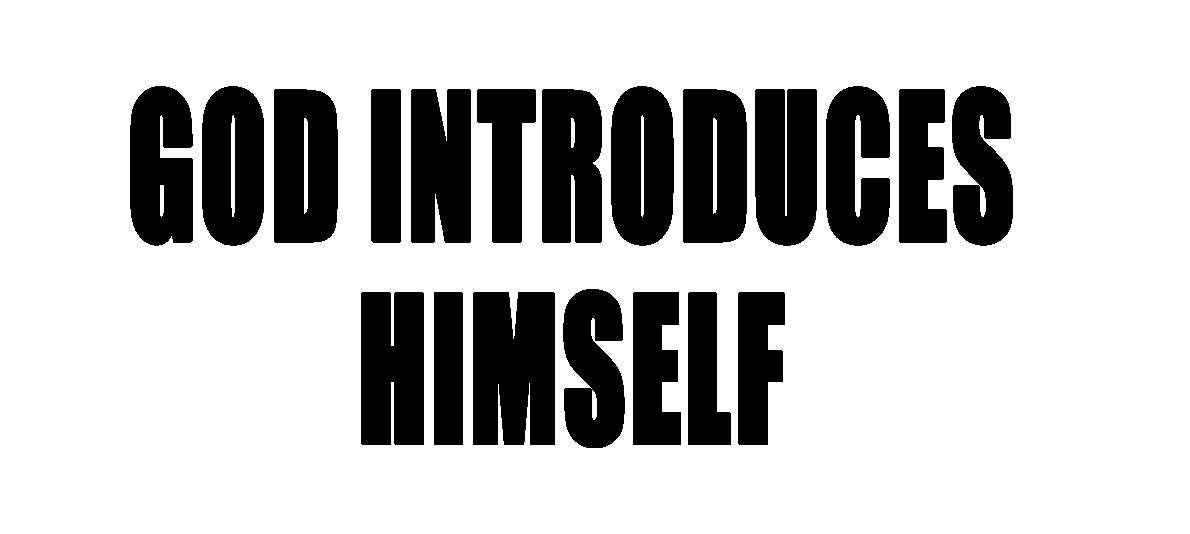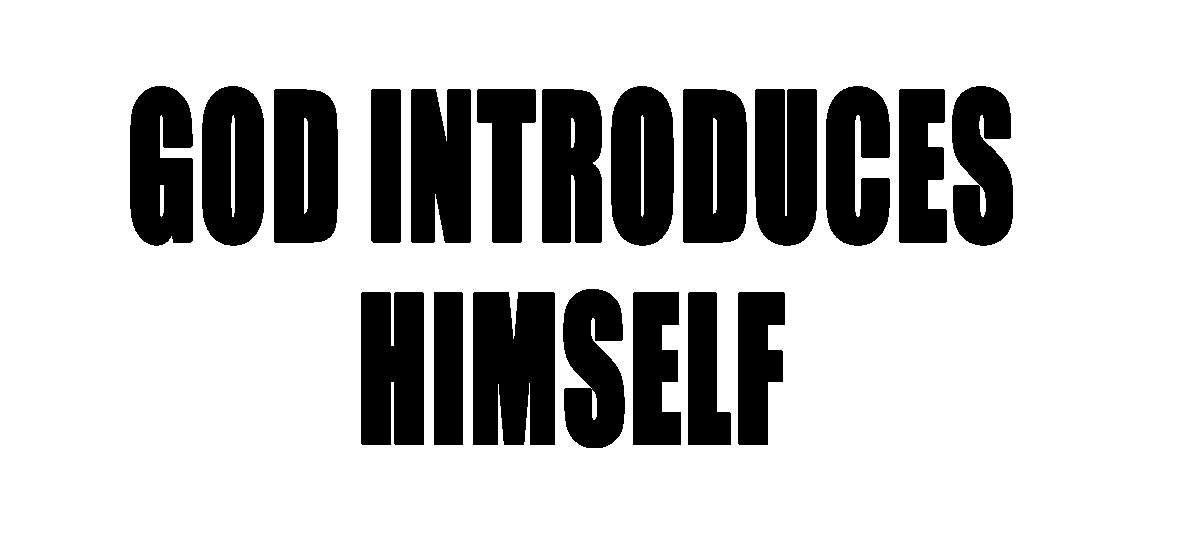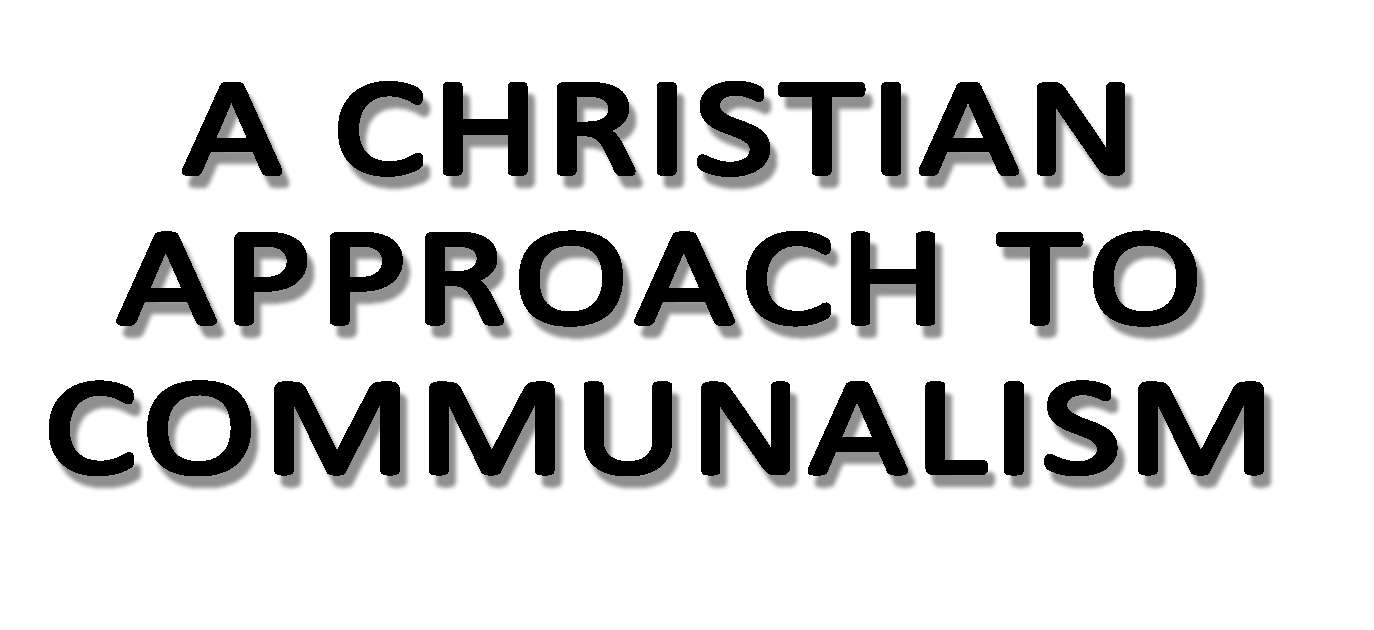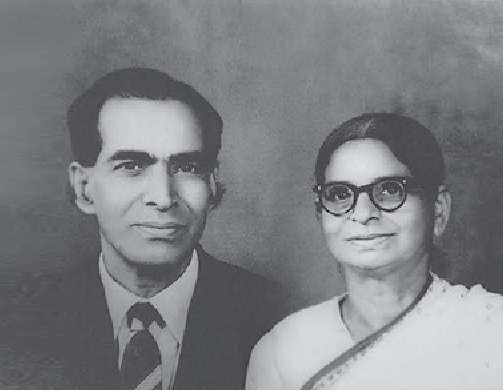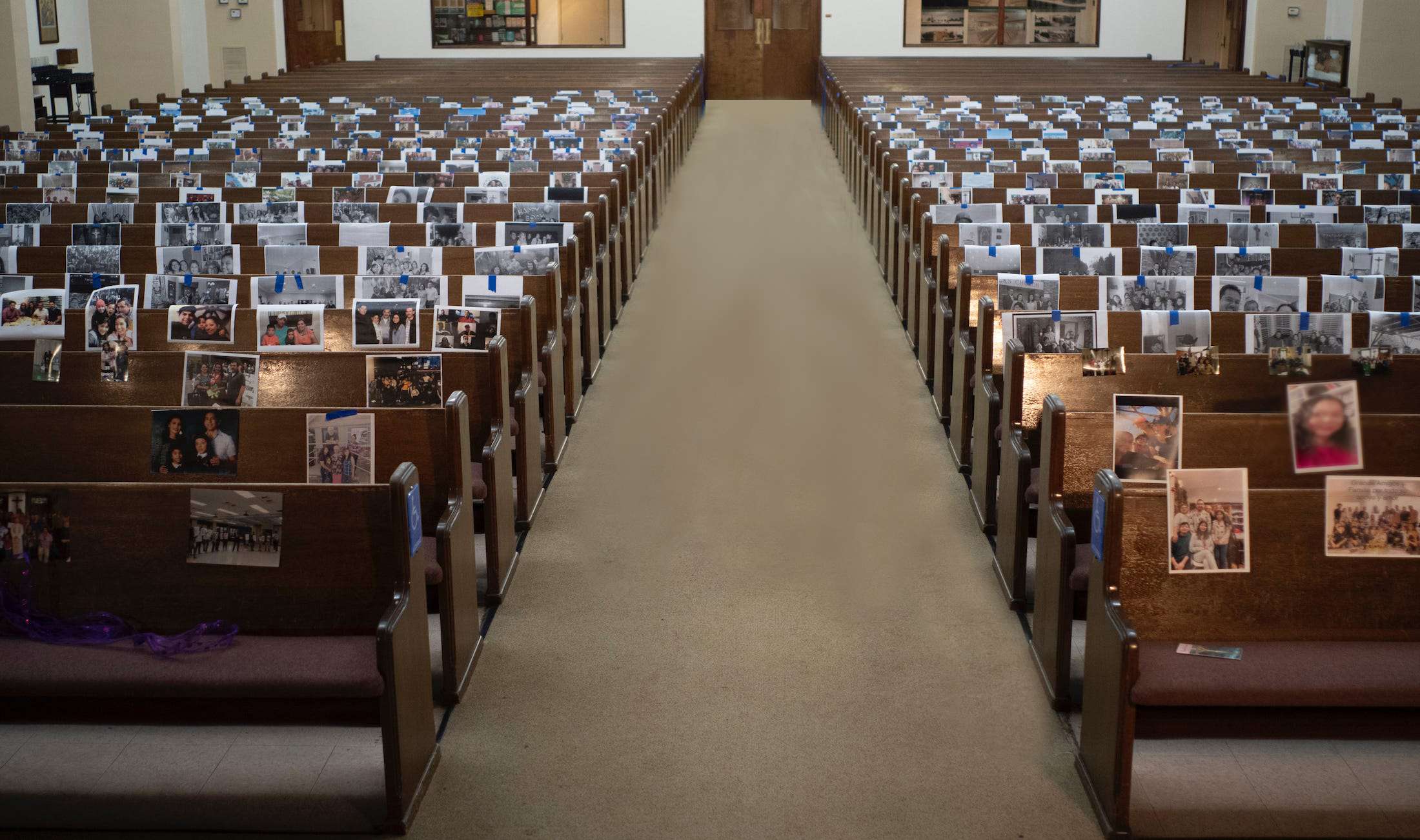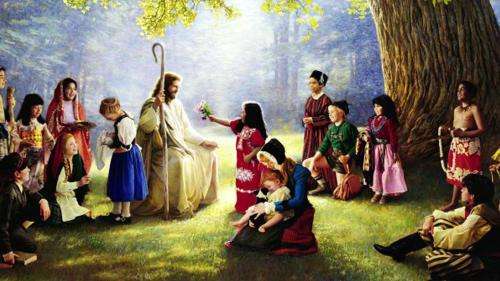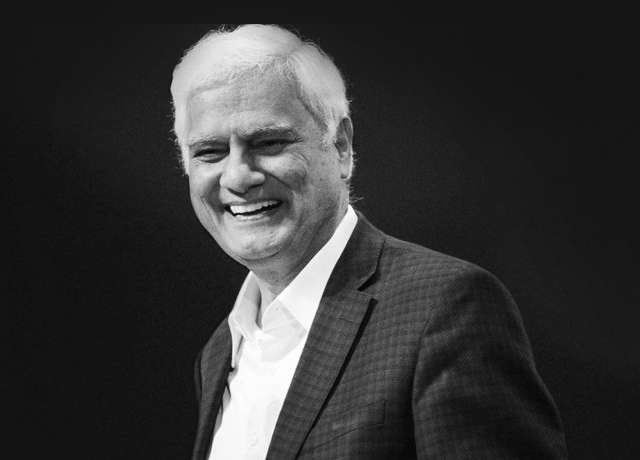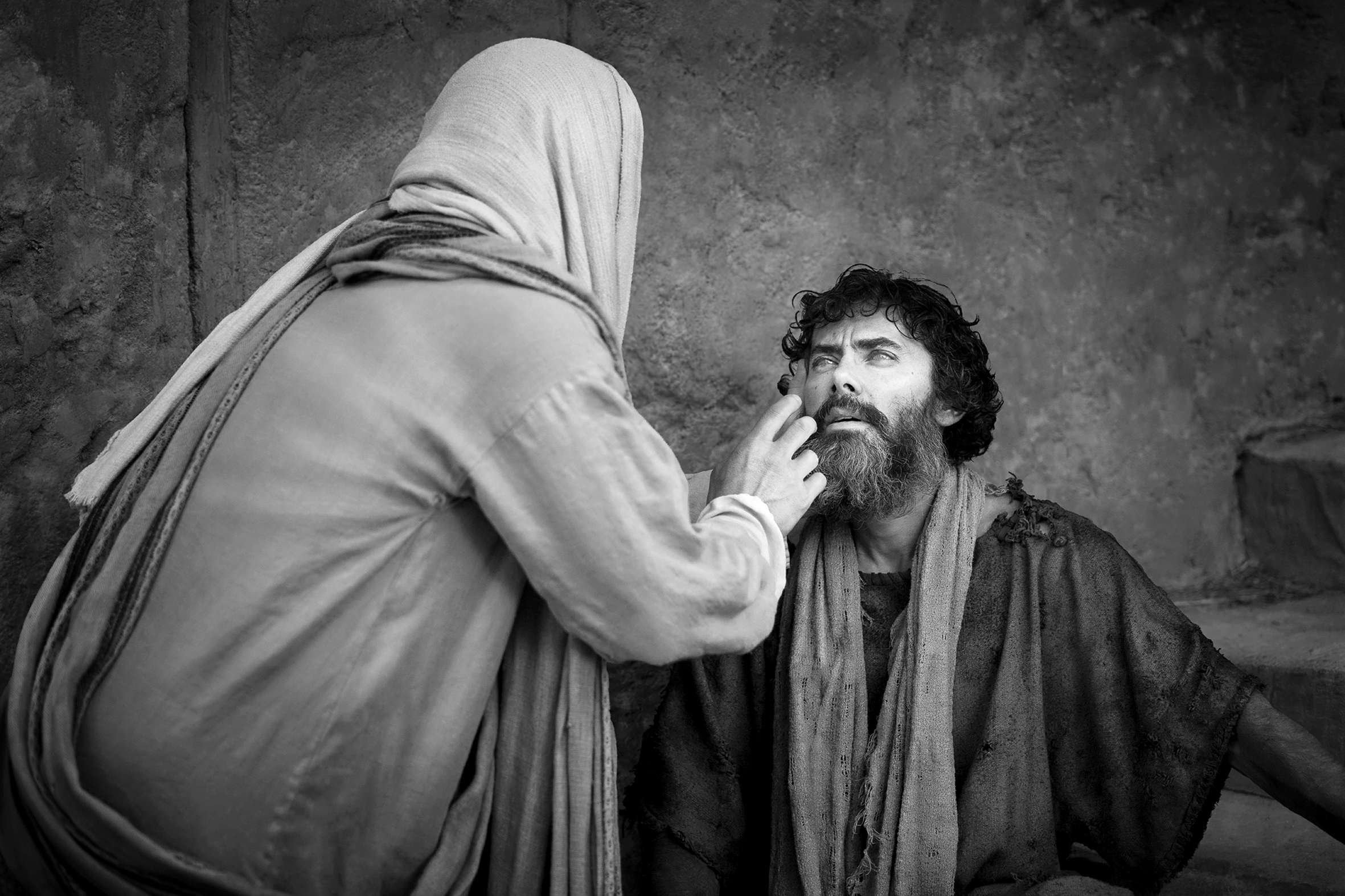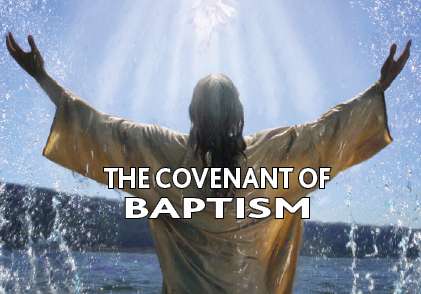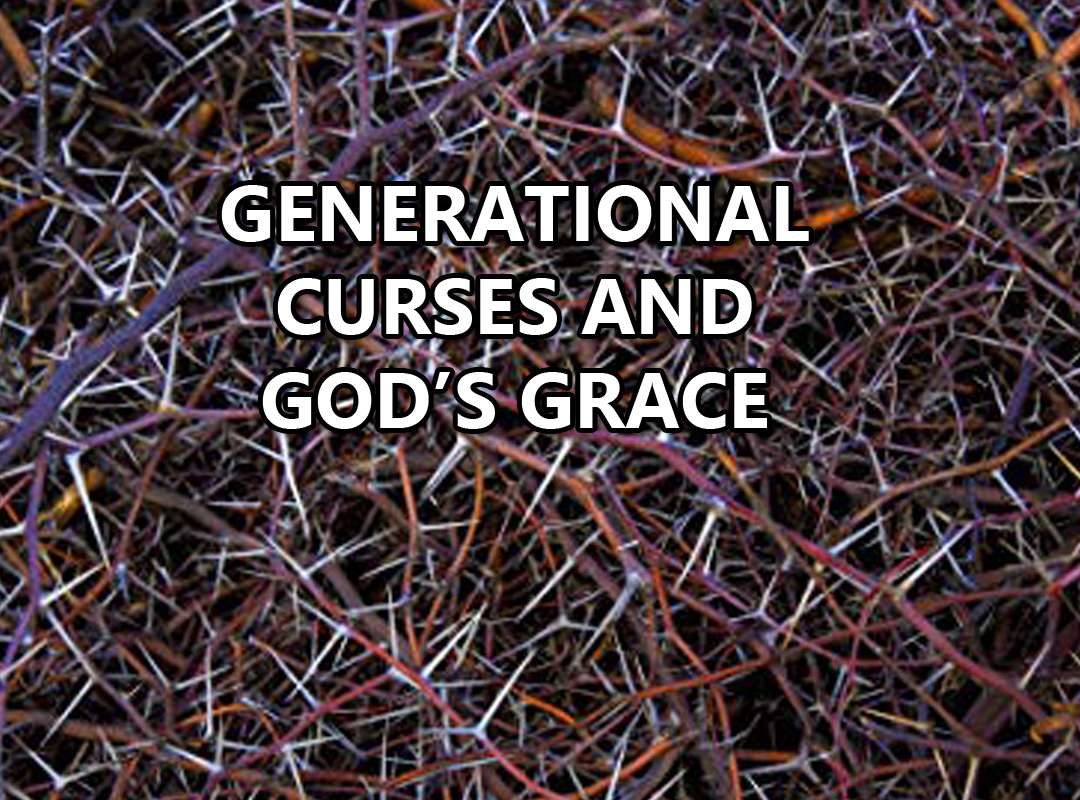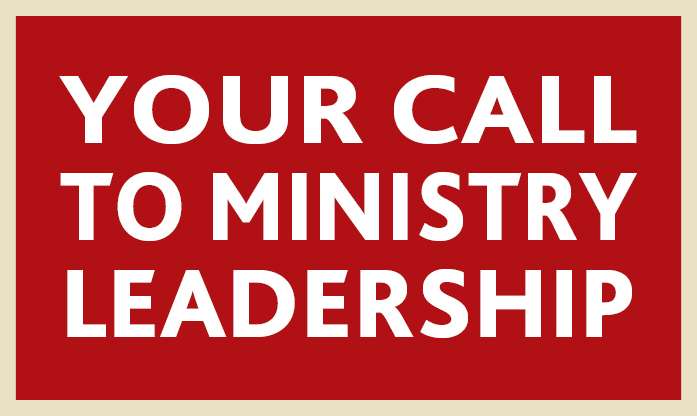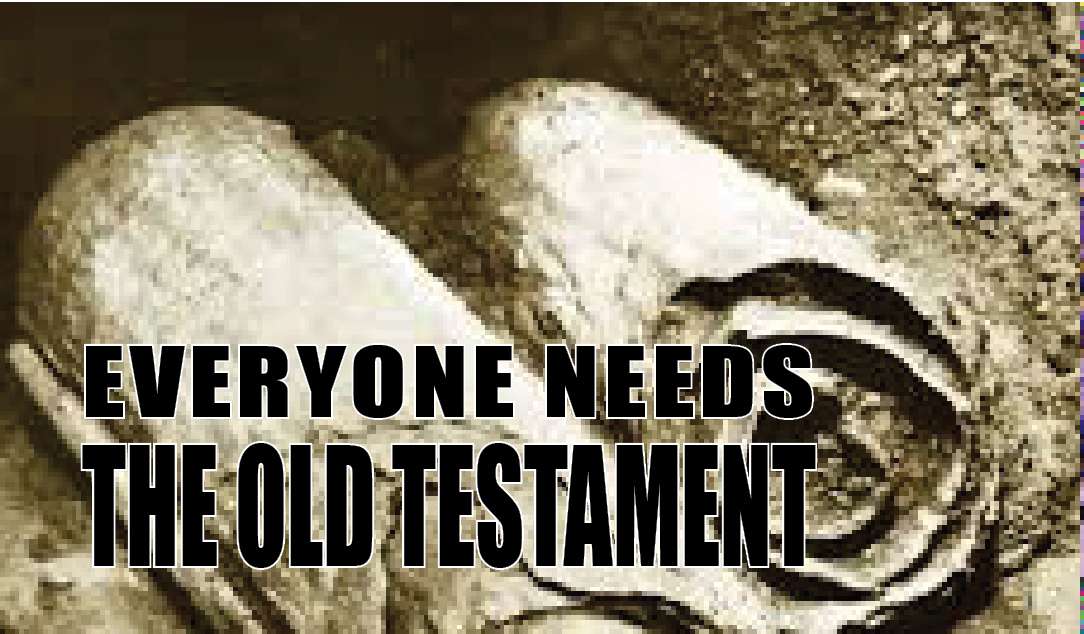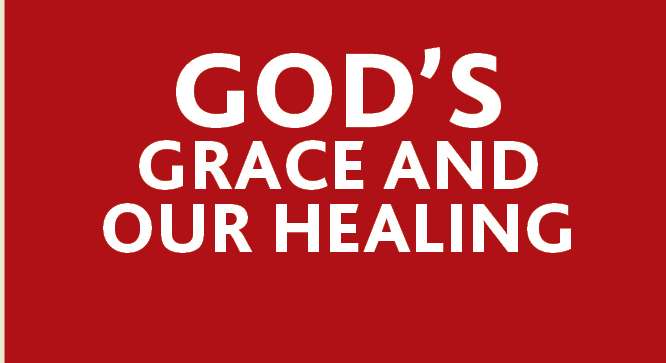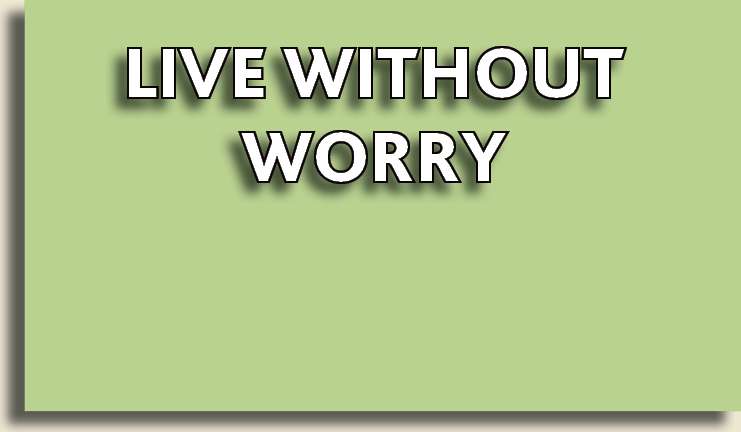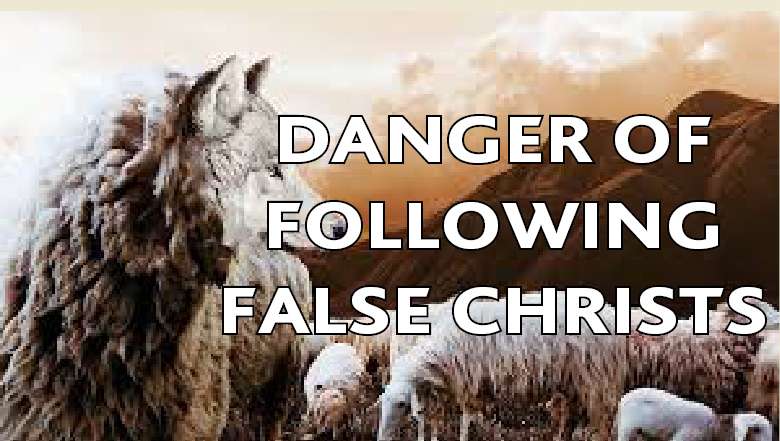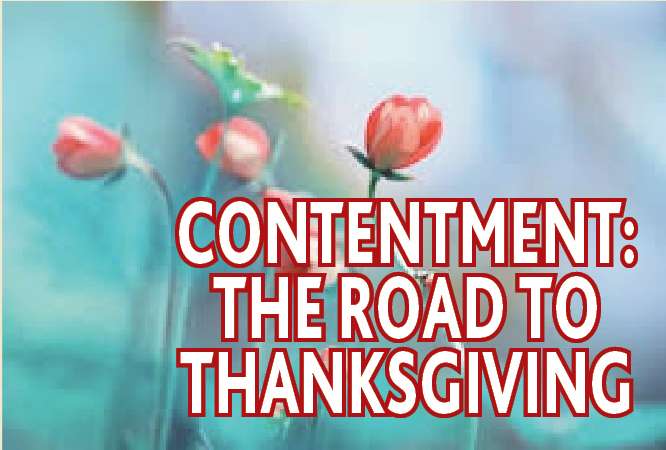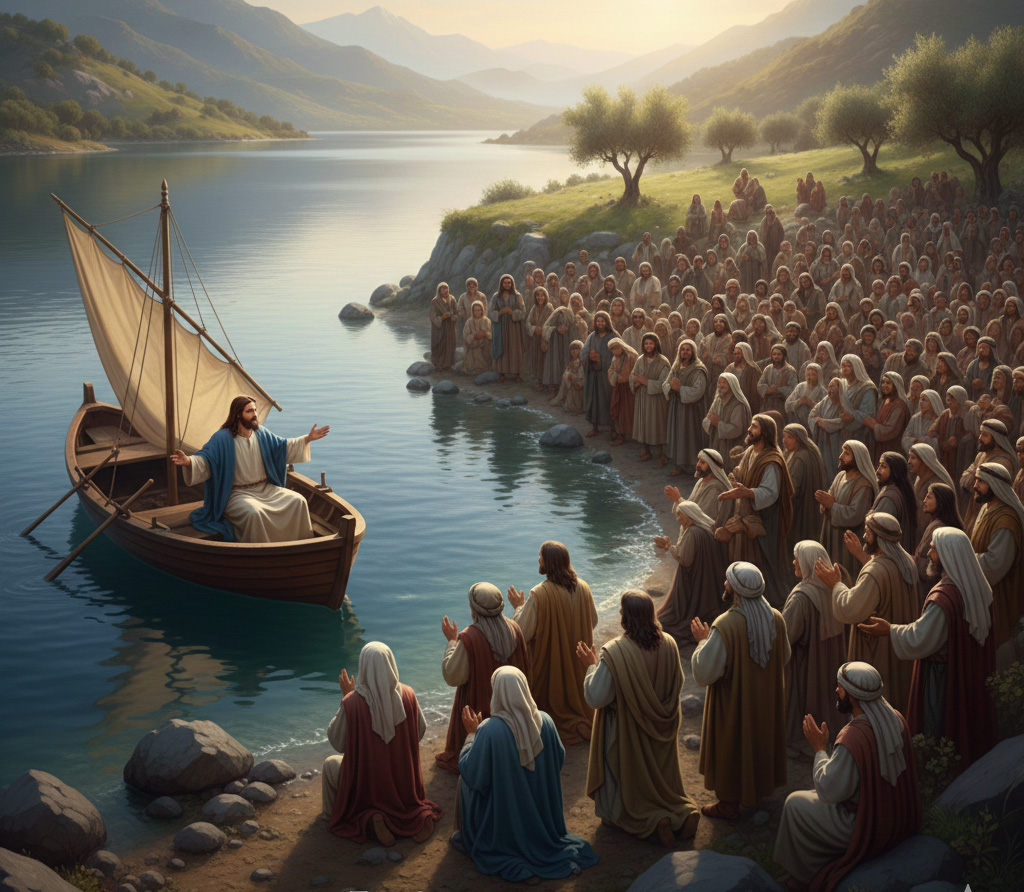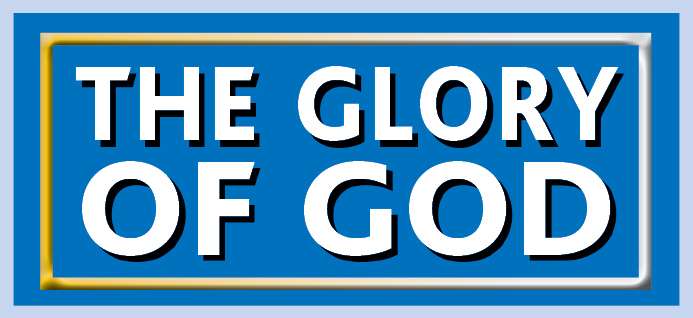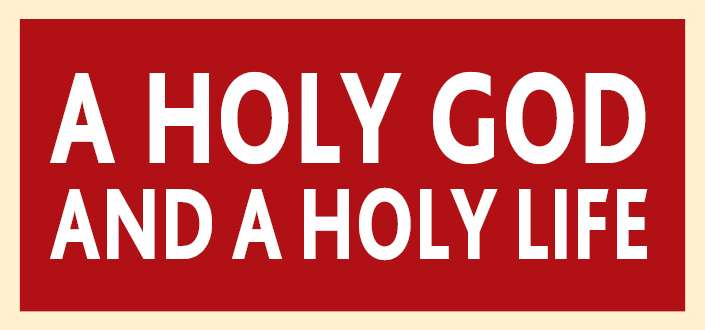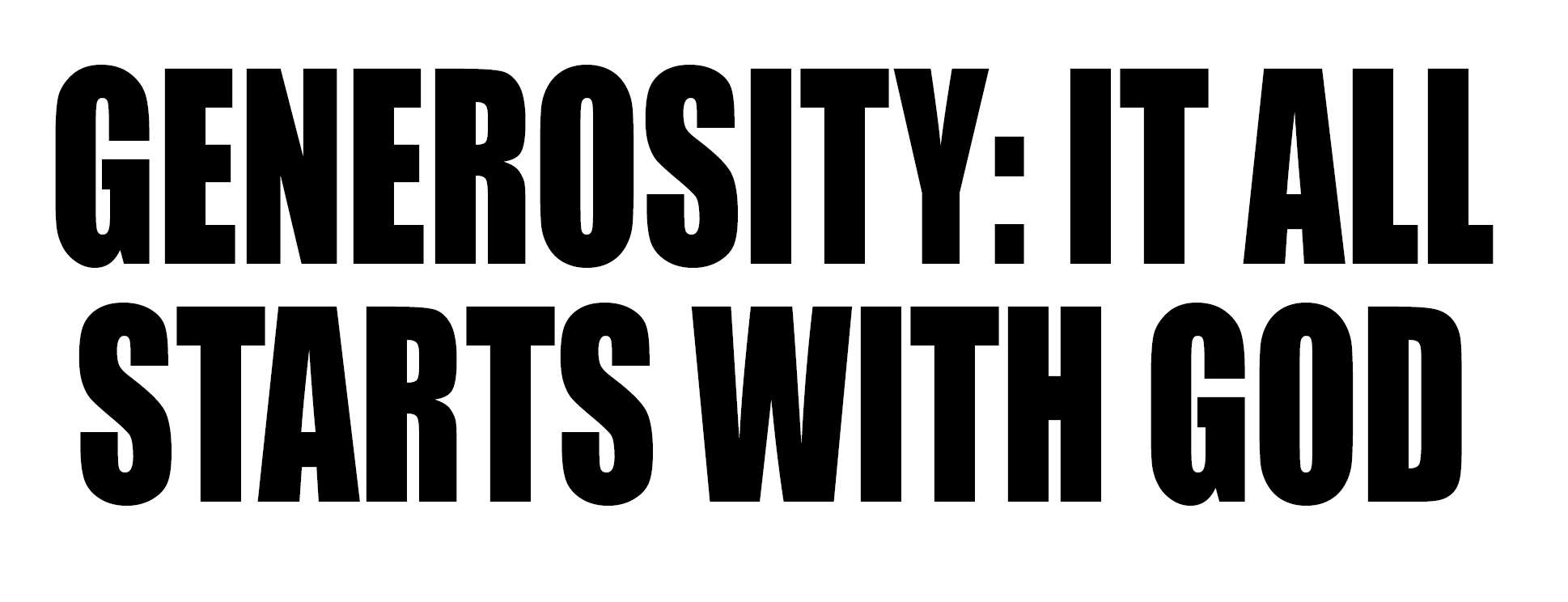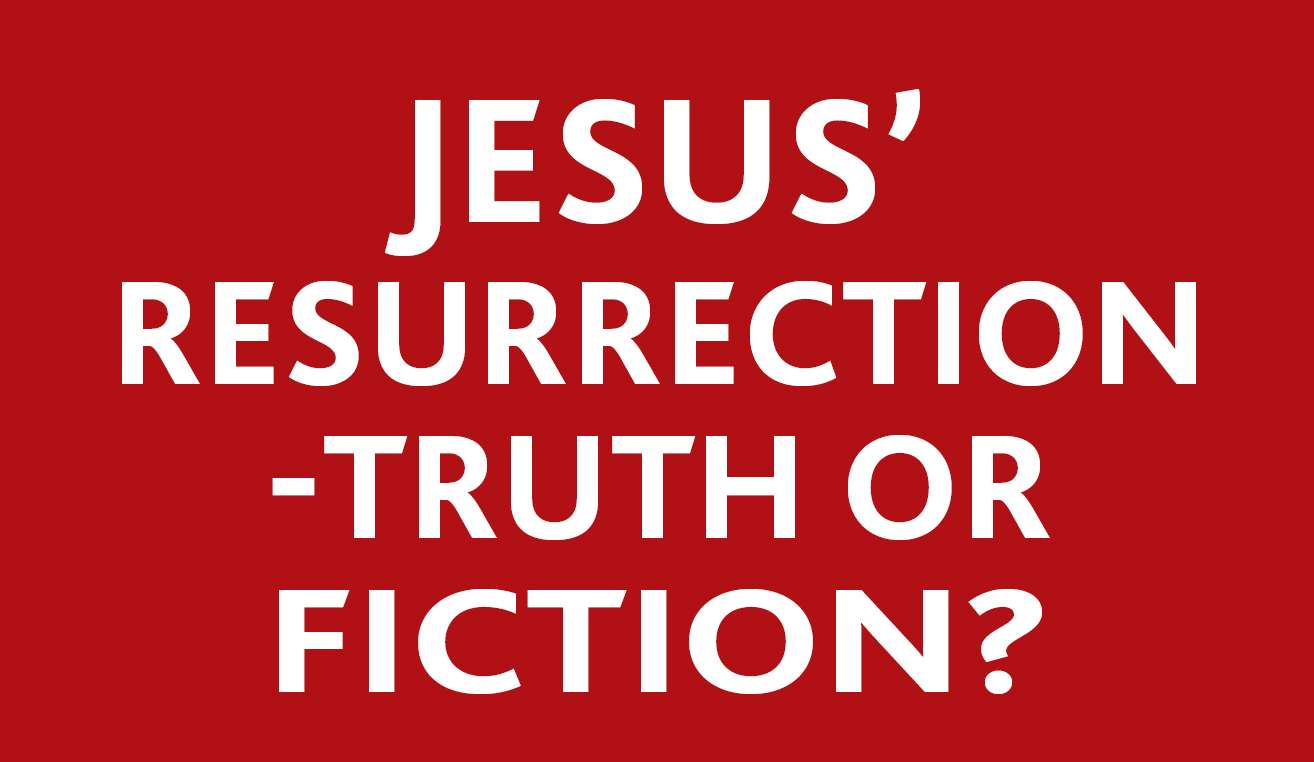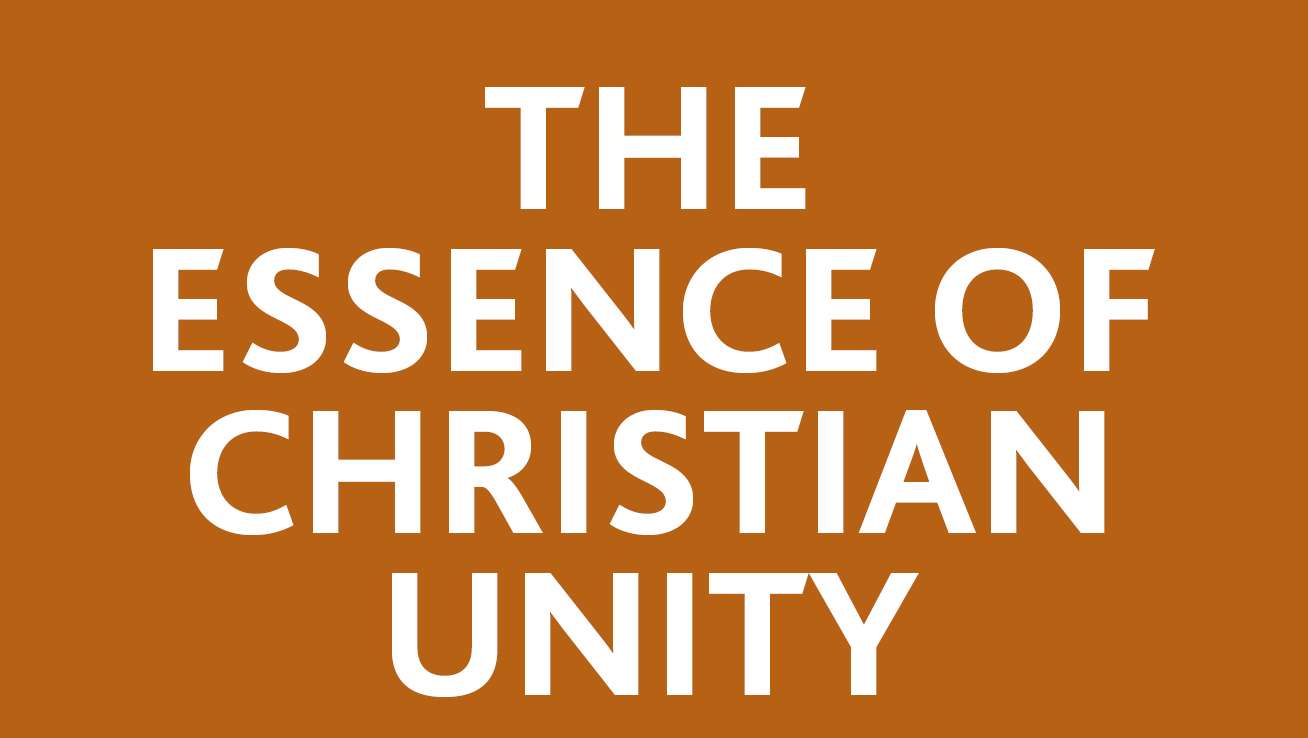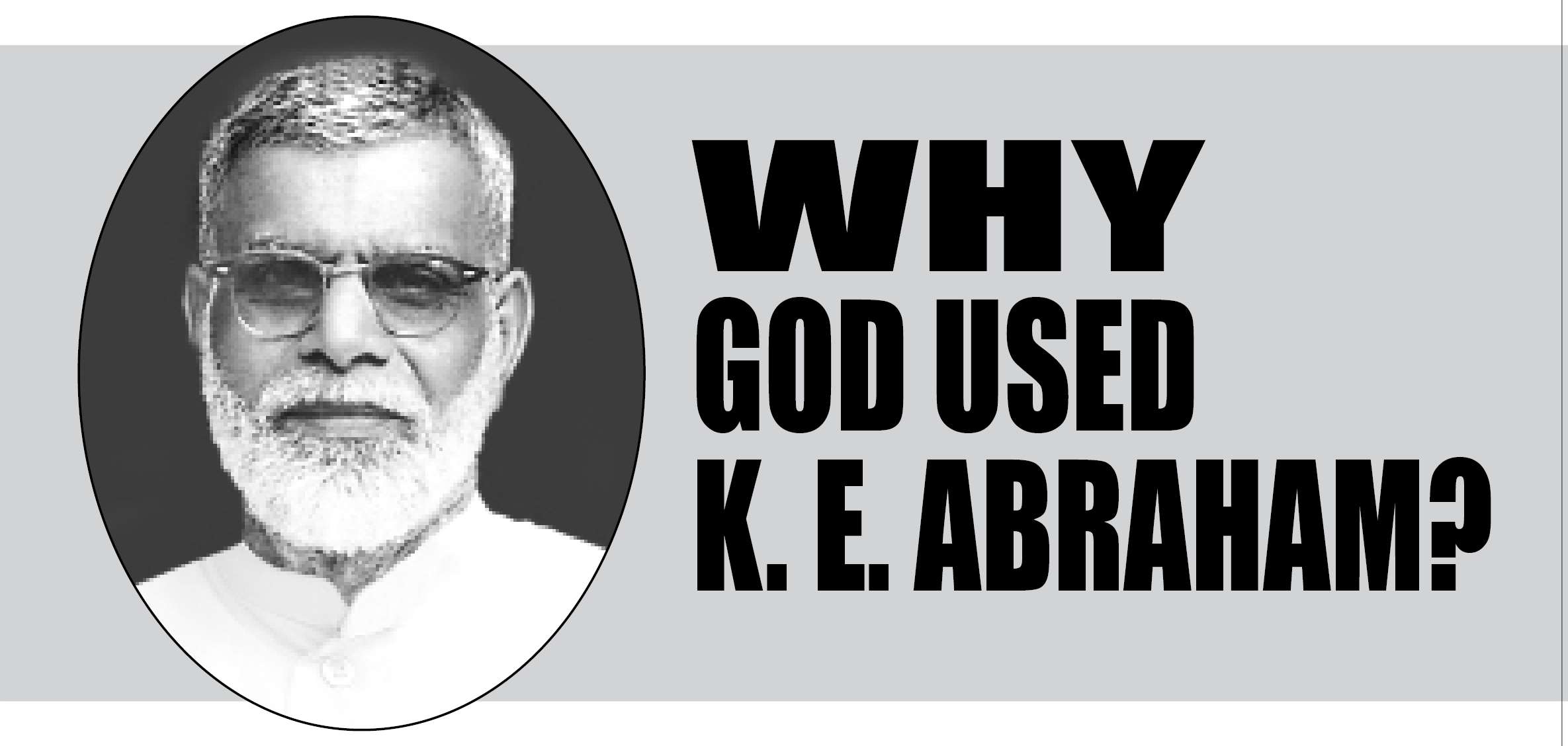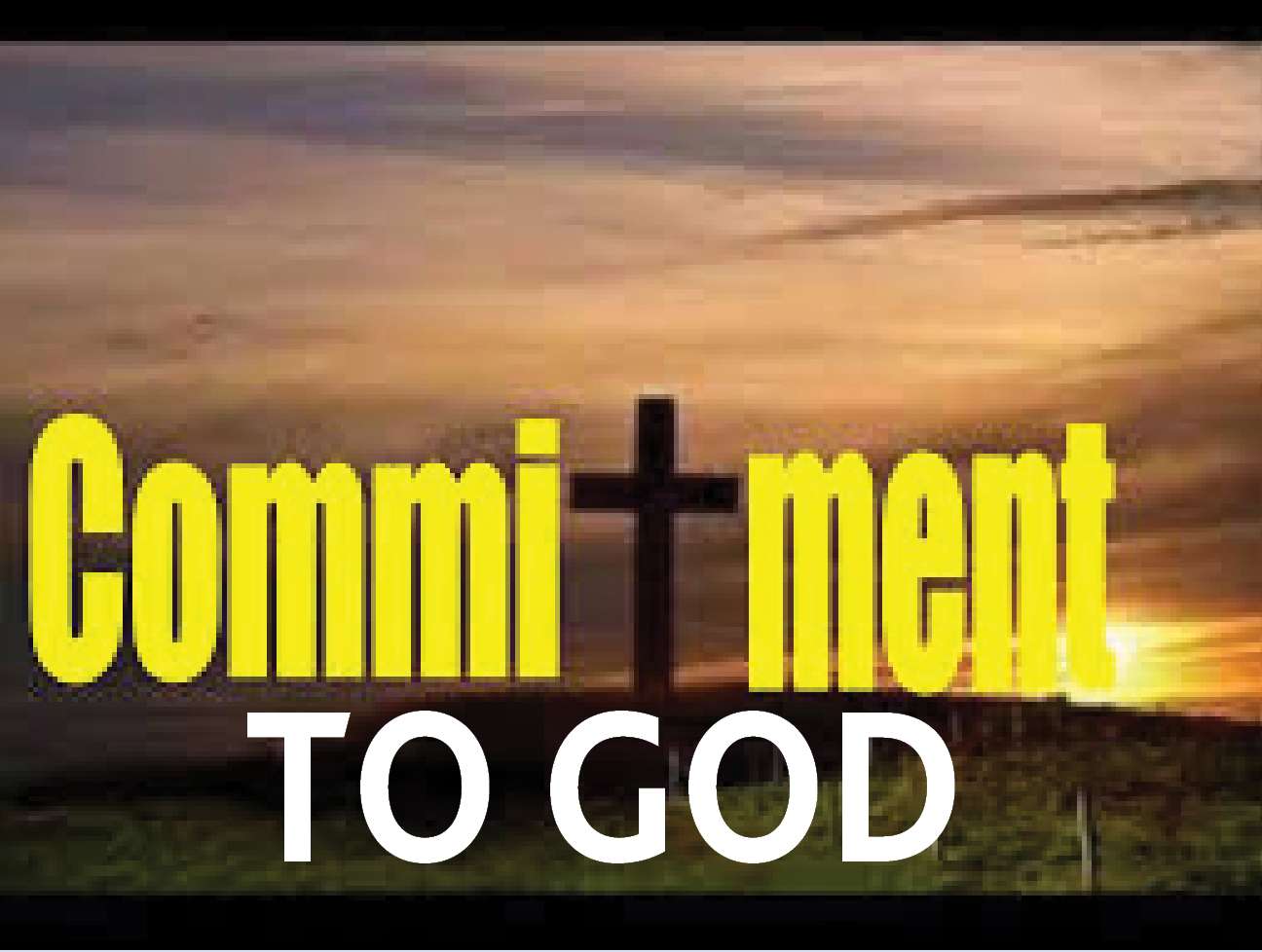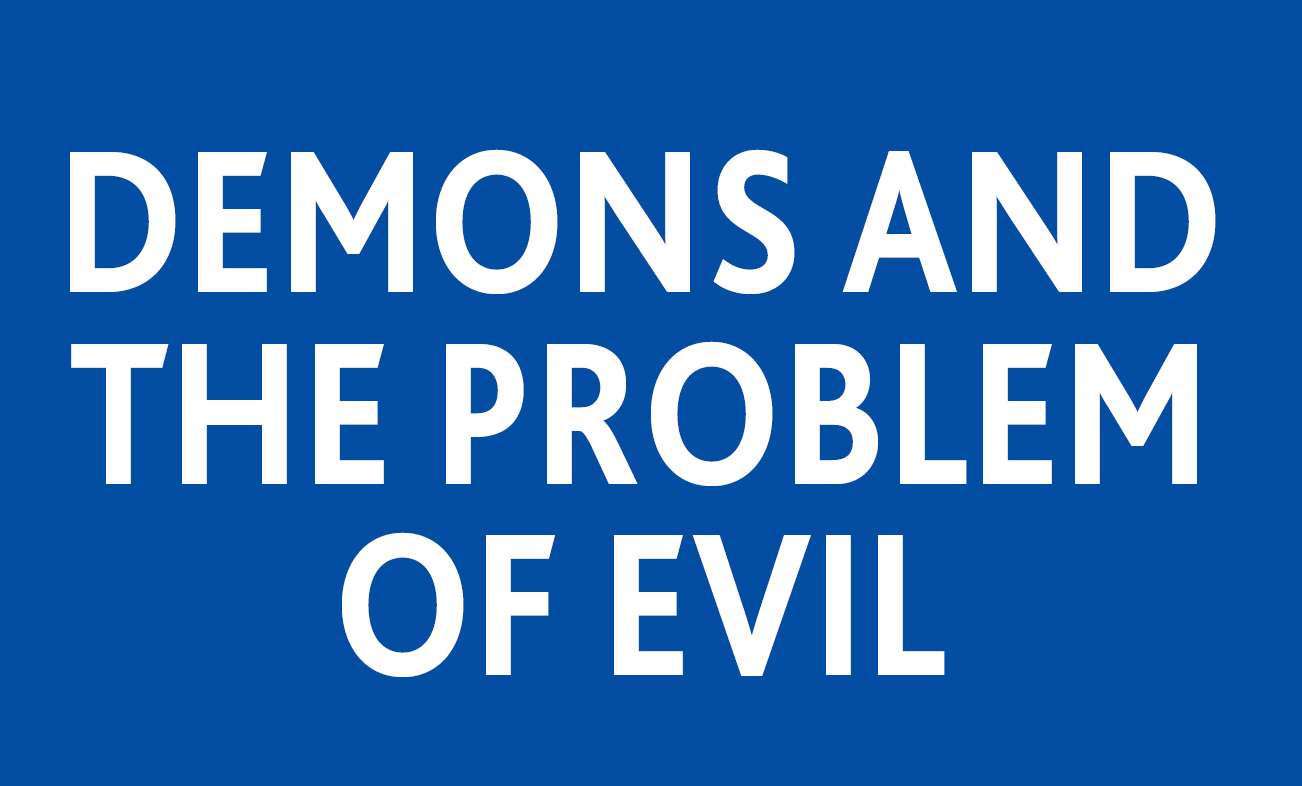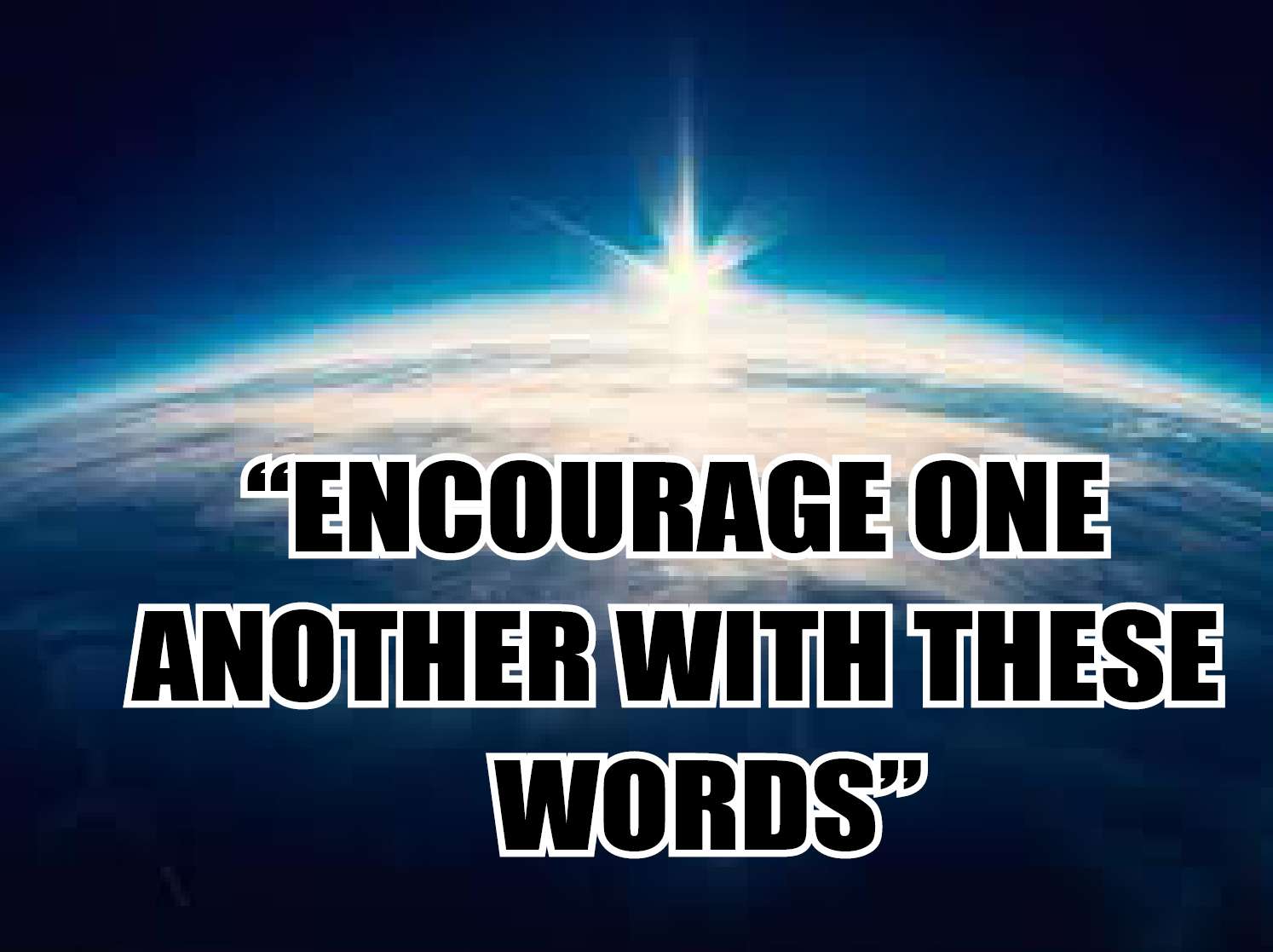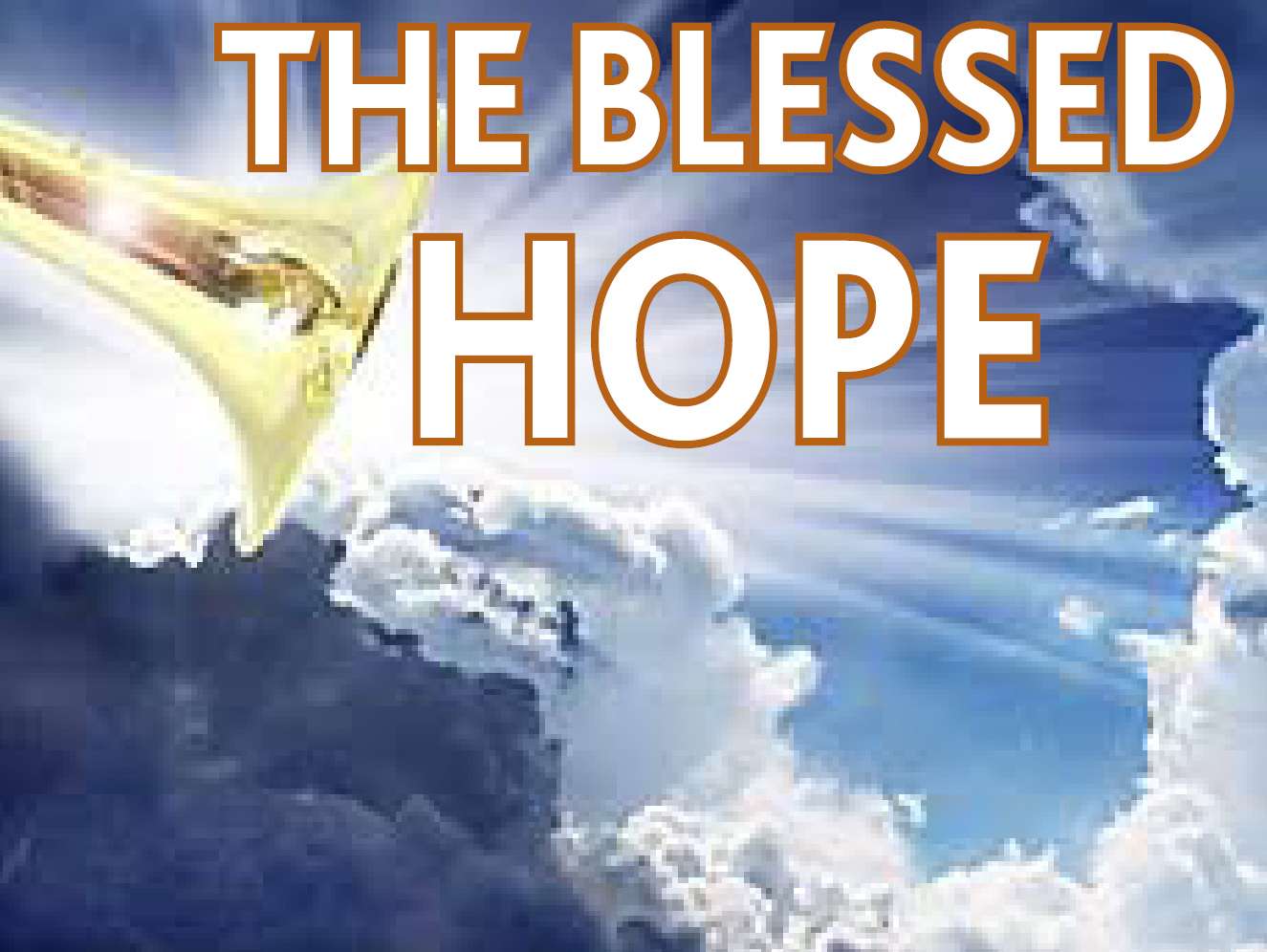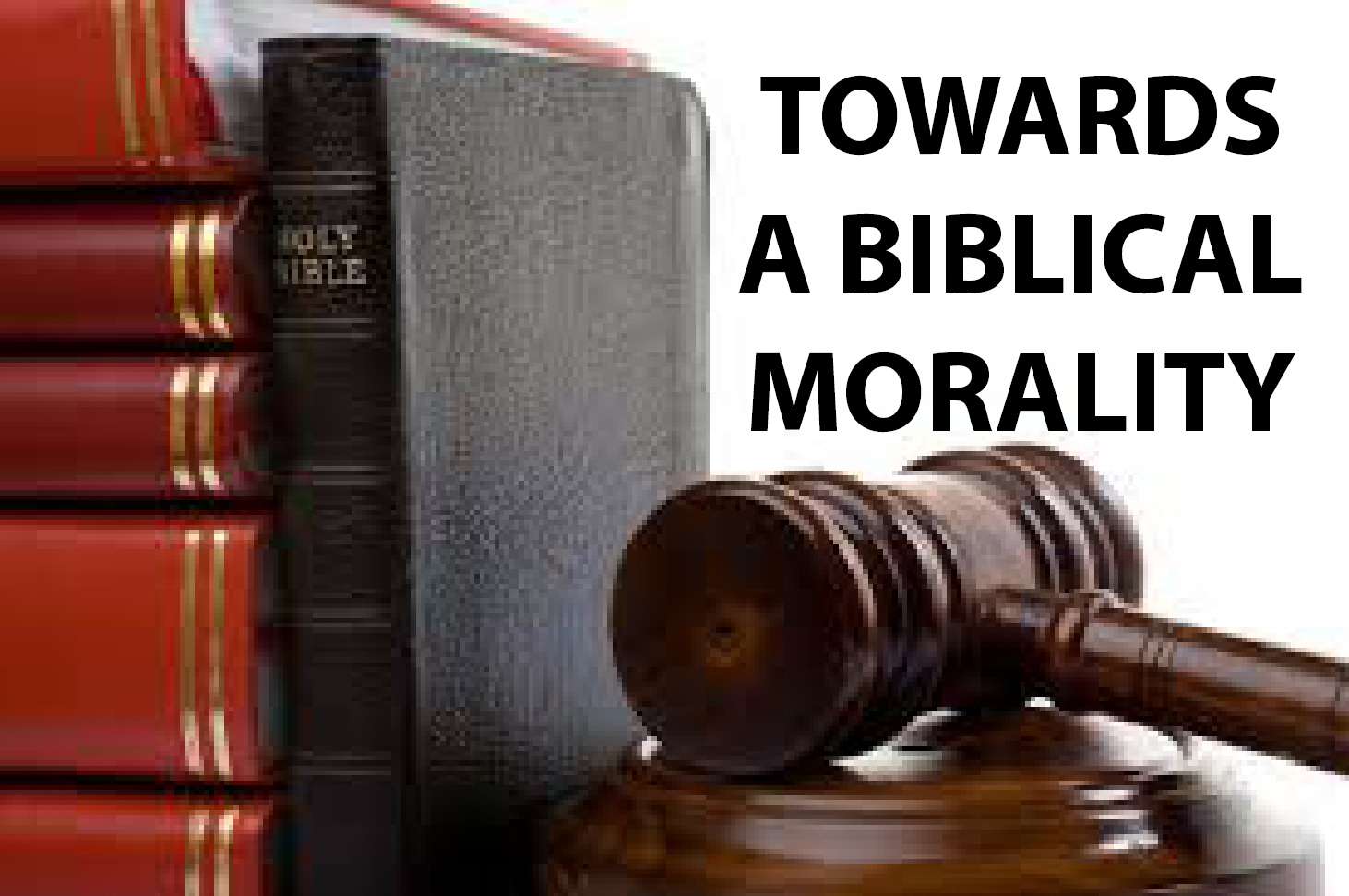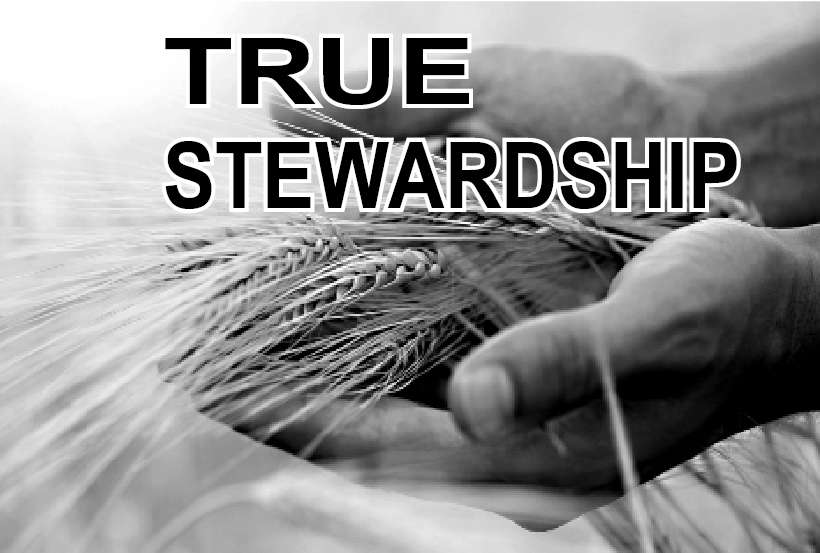

True Stewardship
Dr. Valson Abraham
“Stewardship is another term for fundraising.”
How many times have you heard or thought that? This common misconception permeates our culture, even within the church, but it is heresy of the worst sort.
Stewardship applies to everything God gives us, including our life experiences, our environment, our health and property, knowledge and information, our beliefs, our children and friends, our possessions, relationships, health and bodies and everything else I may not have thought of.
“Stewardship” comes from the Greek word, 'oikenomous', from which we derive our words, “economy” and “economics.” Originally, it referred to someone who managed a household. A steward did not own the household, but held it in trust for the owner. As Christians, our owner is God. We are to maintain and manage our “household” on His terms, not ours.
Our “household” contains all that makes up who we are and have, and the environment in which He places us - all of which He owns. We are not the owners but the managers of our abilities, gifts, talents, money, time-and our salvation.
Stewardship is another word for ministry, and ministry is another word for service. Both “ministry” and “service” come from the same Hebrew and Greek words. Stewards are servants used by others for their purposes, not our own. True Christians are “on call” by God for His purposes, not our own. His purposes always involve us and the redemption of the lost, of renewal and restoration, and re-creation.
Servants obey the orders of their master, but we serve a Master who has already proven His service to us beyond all measure. Our Master is not a tyrant but One who has already served us beyond the call of duty. No one has demonstrated His servanthood and stewardship toward us better than our Lord Jesus Christ. When we were sinners, Christ died for us.
He took the form of a bondservant (Philippians 2:7) when He put aside His glory and came from glory to become one of us. Because of His desire to save us from the consequences of our sin, He experienced our humanity and became a servant to the point of death, even death by crucifixion.
As Christians, to become a “steward” is another way of saying, “Have this attitude in you which was also in Christ Jesus.” This servant attitude includes such qualities as encouragement, consolation of love, fellowship of the Spirit, affection and compassion, a spirit of unity, oneness of purpose, humility of spirit, looking out for the interests of others (Philippians 2:1-4). We are to demonstrate this attitude in our relationships with God and with others.
In other words, we become stewards of Jesus Christ because He demonstrated His stewardship toward us through the cross. Though He was Master, He became our servant freely, of His own accord.
Paul responded to Jesus’ radical servanthood by saying, “For me to live is Christ, and to die is gain” (Philippians 1:21). That should be our response as well.
Stewardship means more than just how we use our money (although it includes that). It is a way of life. It involves our whole beings in relationship to Jesus Christ and others in the light of how He has already served us, as individuals and as the church. It means using our lives and experiences to serve His purposes for this world and for the New Heaven and New Earth.
Stewardship means learning to see where we are now and where we would have been apart from His foreknowing, predestining, calling, justifying and glorifying us through Christ (Romans 8:28-30). None of this is our right. God owes us nothing. Stewardship is our only right response to the staggering realization that out of His pure mercy and grace alone, He makes us part of His royal family, not through anything we have done to earn His favor.
Though God owes us nothing, there are no small people in God’s royal family. If you are part of His family, whatever your gifts and life experiences, you have a strategic place as God’s steward. Someone has said, “[A city] can manage quite well for a long time without a mayor, but we can’t manage many days without garbage collectors.”
We become His servants by extending His eternal purpose through whatever resources He has given us to whomever He puts in our paths. Whatever we put into His hands in faith, He multiplies our influence in ways that exceed our imaginations.
Whether you are a mayor, a garbage collector, or something else, others are depending upon your service and ministry right now. Don’t let them-or Him-down.

